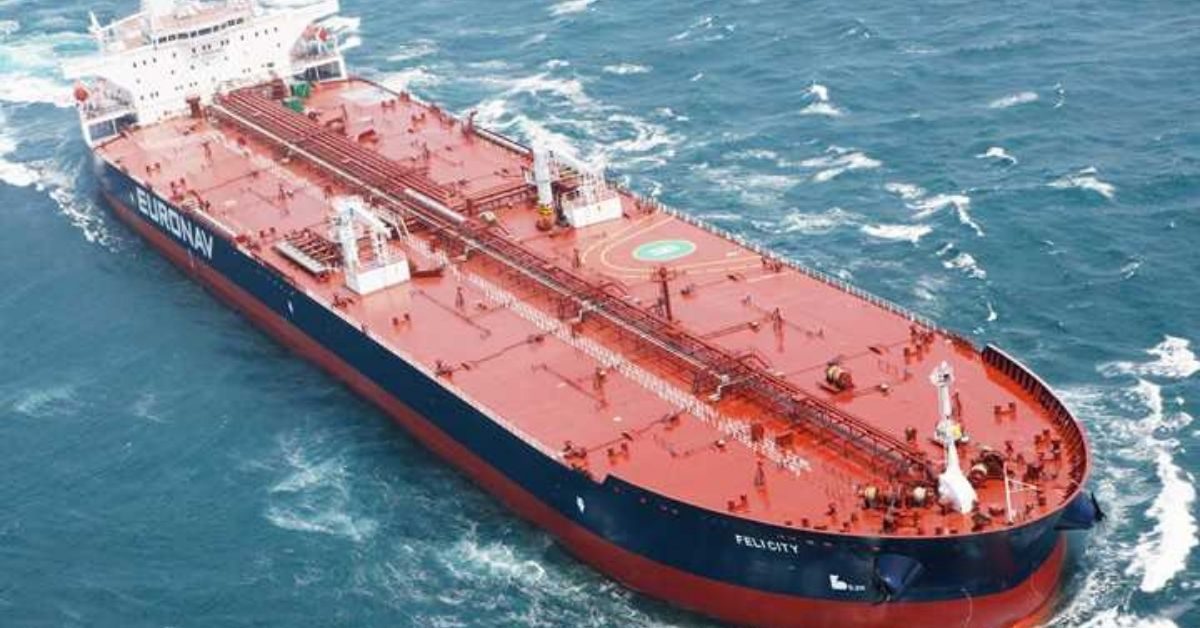World oil markets reacted to the news as shipping experts have warned of the potential for growing delays and an impact on global supply chains due to the disruption of shipping operations.
The price of oil reversed a multi-day decline jumping one to two percent on world markets Monday morning after BP reported that it was implementing a “precautionary pause,” for all of its vessels sailing through the Red Sea and Suez Canal due to the “deteriorating security situation,” in the region. By midday, the price of oil was up as much as three percent on the NYMEX exchange and had briefly been back about $74 a barrel after retreating from a high of over $90 a barrel in late October and falling below $69 last week.
News of the international collation did little to clam the fears in the global energy markets. Prices continued to climb on Tuesday again briefly going above $74 on the NYMEX. The market closed up a further 1.5 percent at $73.58 a barrel. The price on the NYMEX is up nearly four percent since the low on Monday. Platts reported that futures contracts were as high as $79 a barrel.
Europe’s energy markets were showing the most concern with analysts highlighting the significance of the Suez Canal to the region’s oil supply. S&P Global Market Intelligence calculates that 21.5 percent of Europe’s refined oil imports pass through the Red Sea and 13 percent of its crude oil imports.
Joining BP in announcing the pause on shipping, Euronav also confirmed that it has also decided to avoid the area diverting its ships from the Red Sea. The leading operator of Suezmax tankers last week said it was adding the option into its future contracts to reroute vessels around Africa. Maersk Tankers was the first company last week moving to add the rerouting clause to its tanker pool operation.
Following the lead of BP and others, S&P Global Commodity report is saying that Frontline, which has a fleet of 75 tankers has also decided to reroute vessels away from the Red Sea. S&P calculates that combined Euronav and Frontline represent as much as four percent of the global tanker fleet.
Other large oil companies including Equinor in Norway reported that it would also be diverting its shipment. Bloomberg cited examples of LNG and LPG carriers also diverting away from the Red Sea starting last Friday. They highlight that the price of European LNG was up seven percent on Monday citing analysts that said nearly seven percent of Europe’s LNG imports pass through the Suez Canal.
The Suez Canal Authority responded to the reports of increasing rerouting of tankers and gas carriers saying it is monitoring the situation very closely. According to their calculations, 55 ships have diverted to sail around the Cape of Good Hope since November 19. The authority however emphasized that 77 vessels transited the Suez Canal on Sunday, December 17, representing more than four million net tons and part of the just over 2,200 vessels that made the trip in 2023.








